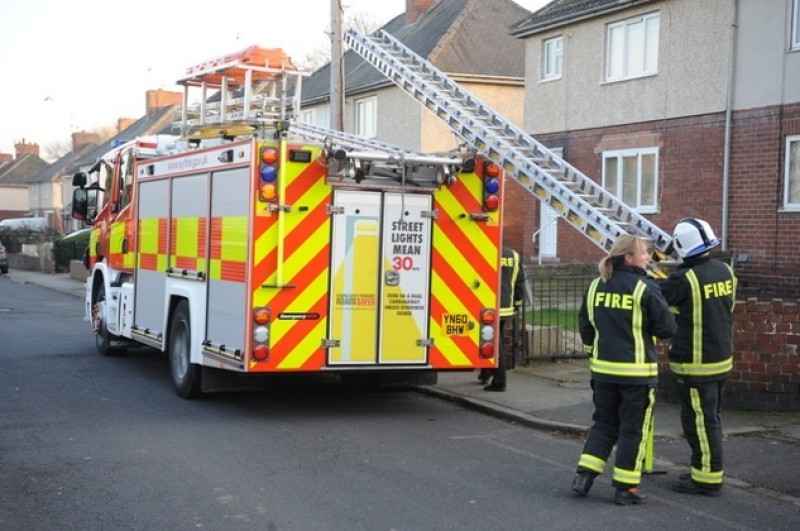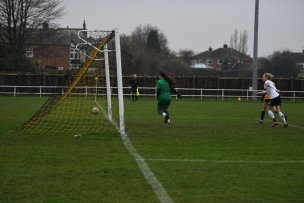UNIONISTS say South Yorkshire Fire Service should now act in a ‘lawful manner’ after a High Court judge ruled that cost-cutting shift patterns used at Tankersley fire station were unlawful.
The ‘close proximity crewing’ shift patterns can involve firefighters working 96 hours of continuous duty, with nights spent in their stations waiting for calls.
They were introduced at four South Yorkshire stations including Tankersley, saving the South Yorkshire Fire and Rescue Authority £1.6m each year.
But the scheme faced a legal challenge when the Fire Brigades Union took the case to the High Court.
Lawyers said the system breached EU regulations relating to the working hours of the firefighters, and Mr Justice Kerr declared the shift patterns to be unlawful. He said the system breached the Working Time Regulations in that firefighters are not guaranteed sufficient breaks.
A spokesman for the FBU said the fire service had ignored signed agreements that the shift system would not be put in place.
He said: “As a responsible and recognised trade union, we would expect our employers to act in a lawful manner and respect the collective agreements in place.
“We are waiting to see how the service responds to the judgement. We hope it is in a measured and not a spiteful way.
“We’ve now got members of the fire service working on an unlawful duty system. What happens if they are injured on that system? How can you go into a building like Grenfell Tower after working a 96-hour duty system? It’s a physical, heavy job. That’s why we’re afforded adequate rest breaks to make sure we are able to perform to the best of our ability.
“What we don’t want is people working 96-hour duty systems and turning up tired and unable to function or carry out fire rescues.”
The fire authority said the system was regarded as suitable for Aston Park, Lowedges, Tankersley and Edlington, fire stations which are quiet at night. Those who volunteer for the shift pattern are paid 30 per cent on top of their normal pay. It said getting rid of the system at the four stations using it would put firefighters working those hours under ‘severe financial pressure.’
Deputy Chief Fire Officer Martin Blunden, said: “At a time of significant and ongoing funding cuts, this voluntary staffing system saved the fire service money whilst protecting our immediate 999 response to the public. Following the judge’s ruling, we will now consider how else to save the £1.6 million this system afforded us annually. “Inevitably, and unfortunately, this is likely to mean changes which represent a reduction in our current 999 provision.”



























